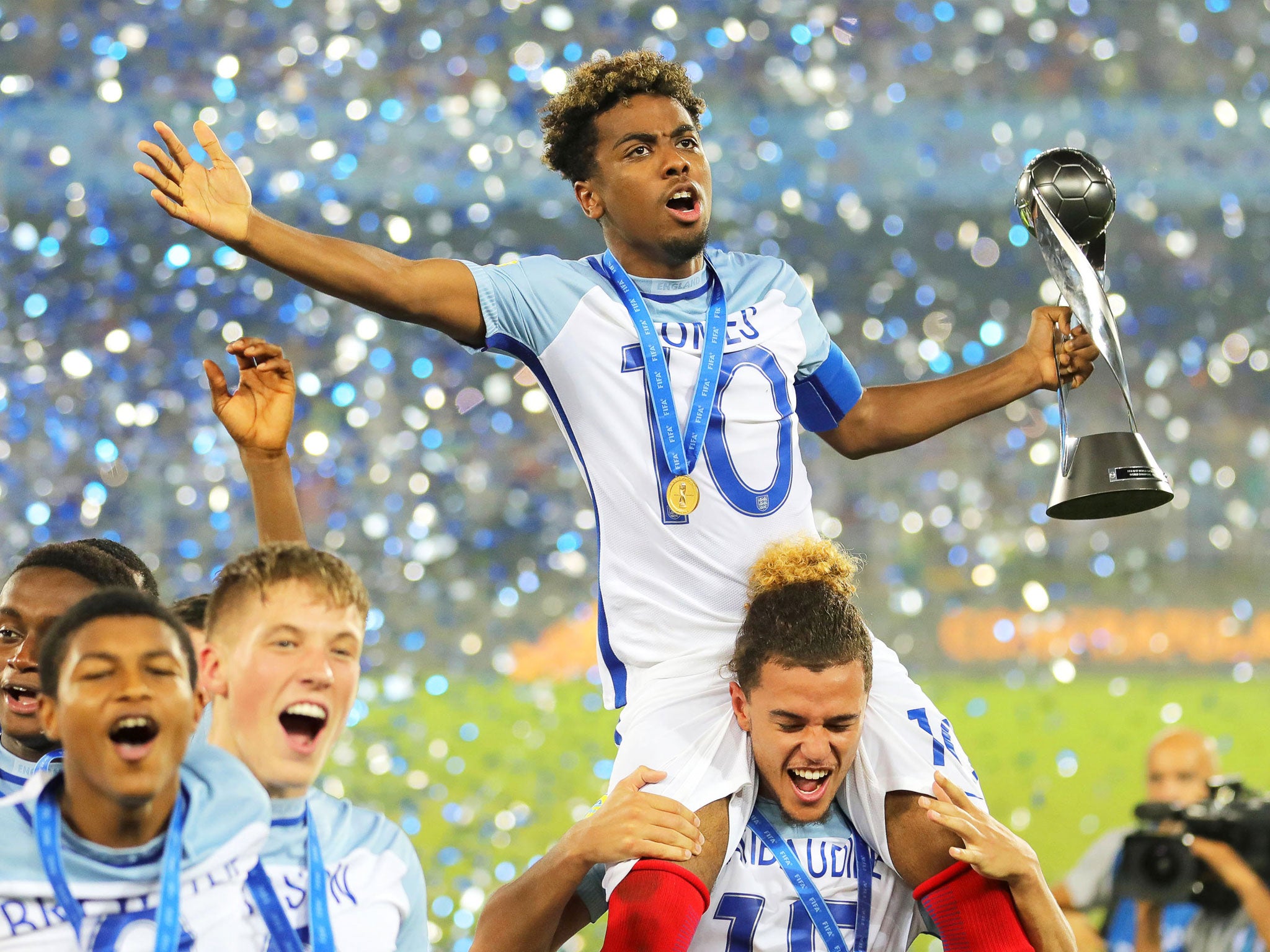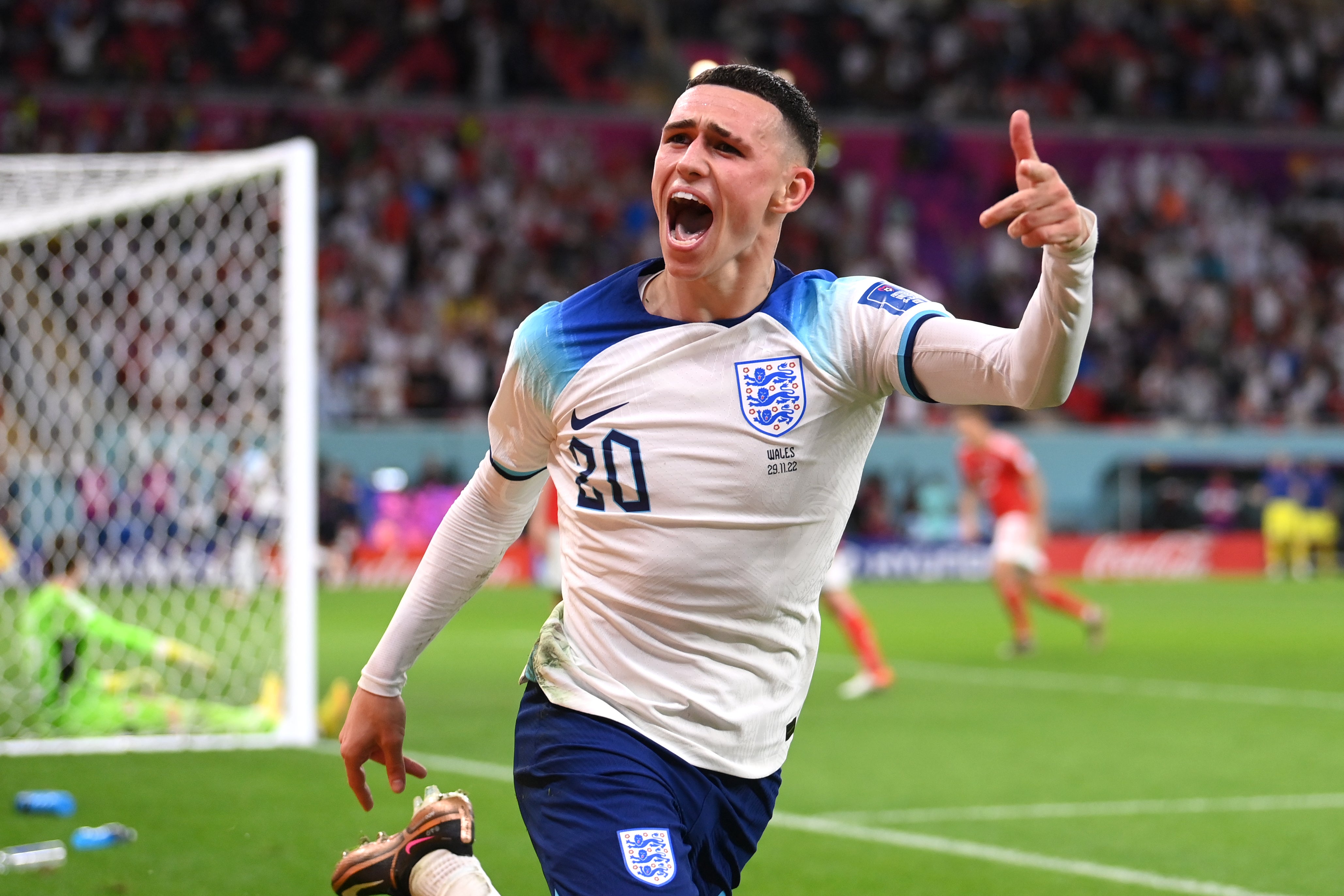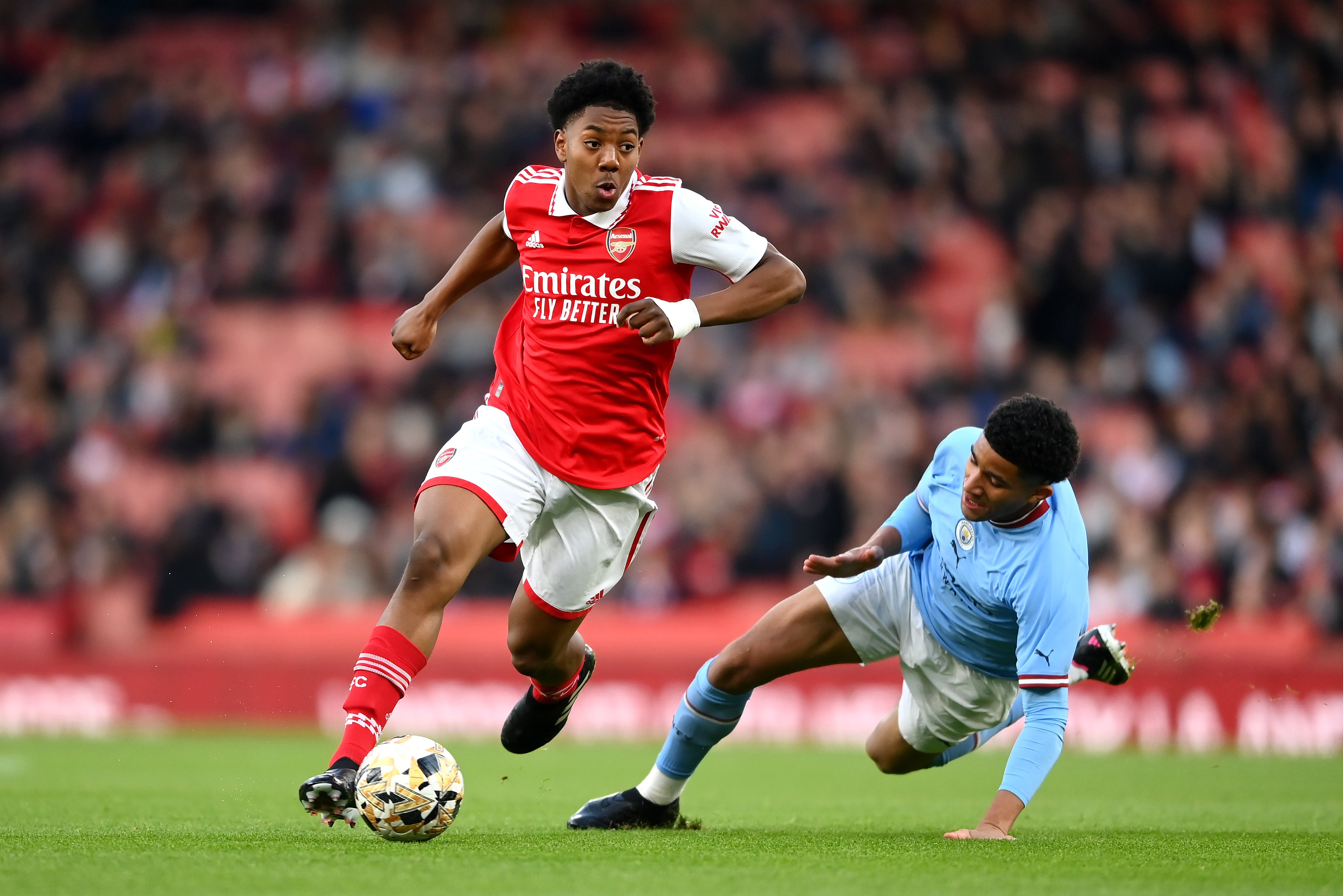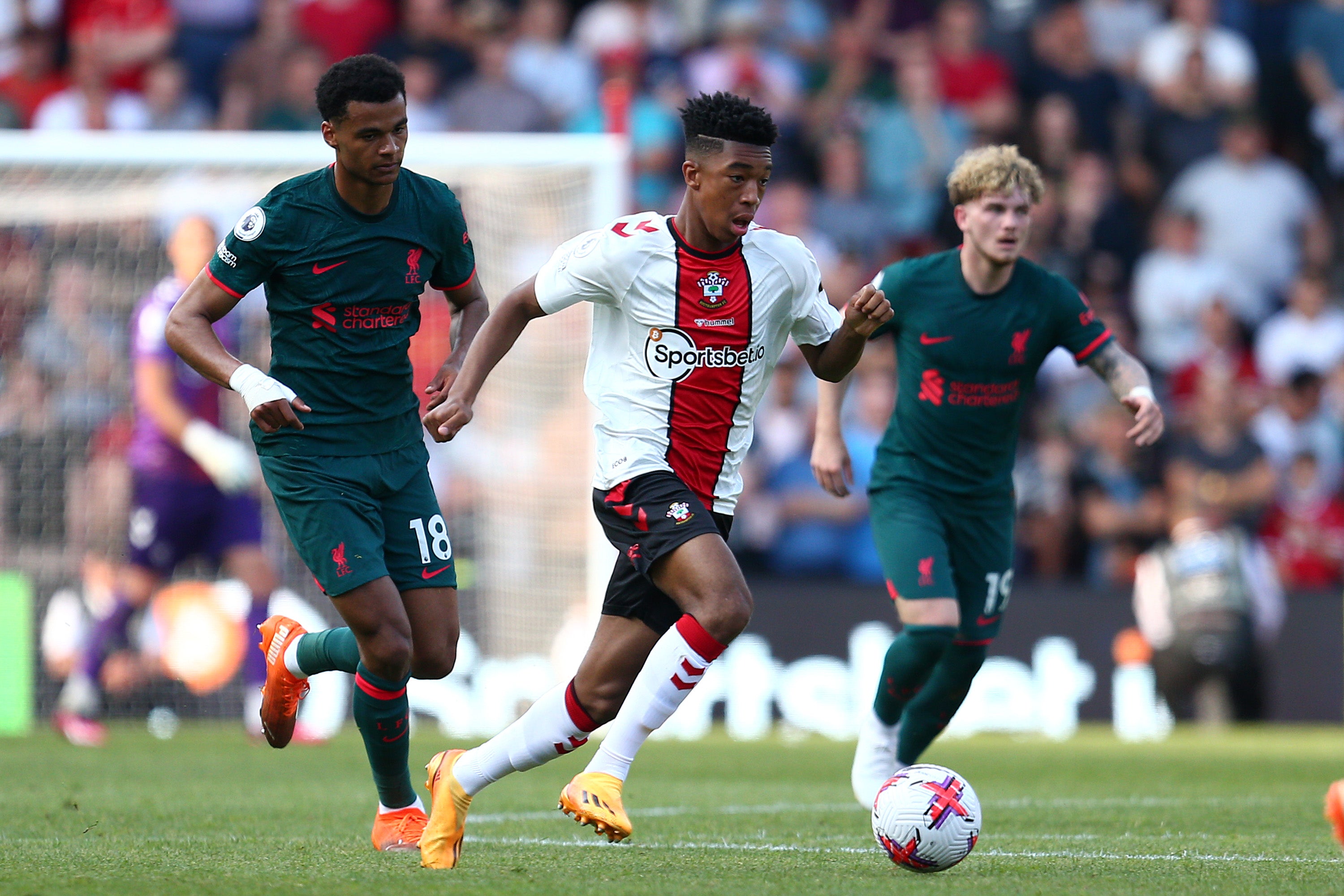The future of football: Why the U-17 World Cup highlights an evolving game
The biggest clubs in the world will have their eye on the U-17 World Cup in Indonesia this month as scouts search for the next big thing

Your support helps us to tell the story
From reproductive rights to climate change to Big Tech, The Independent is on the ground when the story is developing. Whether it's investigating the financials of Elon Musk's pro-Trump PAC or producing our latest documentary, 'The A Word', which shines a light on the American women fighting for reproductive rights, we know how important it is to parse out the facts from the messaging.
At such a critical moment in US history, we need reporters on the ground. Your donation allows us to keep sending journalists to speak to both sides of the story.
The Independent is trusted by Americans across the entire political spectrum. And unlike many other quality news outlets, we choose not to lock Americans out of our reporting and analysis with paywalls. We believe quality journalism should be available to everyone, paid for by those who can afford it.
Your support makes all the difference.As the England Under-17 squad settled into their surroundings in Indonesia this week, they’ll have noticed a bit more activity around the setting, and not just because the Fifa U-17 World Cup started on Friday. It is more that this is where football’s future is, which also shows how the game has evolved. So many scouts and club officials have travelled to see the world’s next greats. That future comes around much more quickly now.
It used to be that the U-20 World Cup held this status. That was where Lionel Messi first stood out. These days, however, the pace of everything in football is much quicker. If anyone at the U-20s is going to be elite, they’ll already be playing regularly. Jude Bellingham and Jamal Musiala would still be eligible, after all all. The average age of the game has lowered as the sport has tactically and scientifically evolved.
It is why most clubs now converge on the U-17s because that’s where it’s still about potential. England’s 2017 champions offered plenty of that, as all of Emile Smith Rowe, Conor Gallagher, Marc Guehi, Jadon Sancho, Callum Hudson-Odoi and – of course – Phil Foden were in the squad.

A number of the current group have a good chance of emulating them, both in terms of their careers and in making the same kind of impact on the tournament as their 2017 predecessors.
The pick is probably Chelsea full-back – if that’s even the correct description – Josh Acheampong, who is one of the most sought-after youngsters in Europe. He’s a modern inverted right-back who has exquisite technical ability but also breathless athleticism. The view in football is that he is as close to a modern-day hybrid player as you can get, with real potential for more growth.
Virtually every scout at this World Cup will be making a point of watching him, having no doubt tracked him as he’s progressed through the various English age groups as an ever-present in the 16s, 17s and 18s. He’s wearing No 2 at this World Cup but can just as easily play centre-half and looks to have the capacity to play in a number of roles.
One of the more interesting stories is that of goalkeeper Tommy Setford, who is at Ajax along with his older brother Charlie, also a goalkeeper. Their father is professional golfer Chris Setford, who lived in the Netherlands due to his career.
Myles Lewis-Skelly is meanwhile a midfield all-rounder who had been pursued by all of England’s best clubs but ended up choosing Arsenal, having just signed his first professional contract last month.

In the forward line ahead of him is Joel Ndala who has recently declared for England, having been eligible for the Democratic Republic of Congo. He plays for Manchester City, along with Matty Warhurst, who is seen as one of the few who can operate in that classic No 9 role.
Others who may break out are Southampton’s Samuel Amo-Ameyaw, Sunderland’s Chris Rigg, Chelsea’s Michael Golding – all midfielders – and the late Jlloyd Samuel’s son Lakyle Samuel, a centre-half at Manchester City.
The breakdown of clubs in the squad is, as ever, instructive as regards the current production of major youth academies. Chelsea and Man City have the highest representation, making up 10 of the 21 players, in keeping with recent trends in underage football.
Chelsea have six, City four. Southampton are next with three but two of those – Amo-Ameyaw and Jayden Meghoma – spent a significant part of their development at Tottenham Hotspur. Arsenal then have two, with Manchester United, Rangers, Luton Town, West Ham United, Sunderland and Ajax having one apiece.

While that reflects the strength of Premier League academies, England don’t quite go in as favourites. That tag belongs to Group C rivals Brazil, with Flamenco’s Lorran Lucas as the stand-out player, but eyes will also be on Fluminense’s Kaua Elias and Palmeiras teammates Vitor Reis and Estevao Willian. Germany’s Borussia Dortmund star Paris Brunner is another big name but it says much about the level that one star who was supposed to be here won’t because of his impact in the senior game already: Spain’s Yamine Lamal.
Many of these could well be seen at the 2026 World Cup – let alone in 2030.
Join our commenting forum
Join thought-provoking conversations, follow other Independent readers and see their replies
Comments